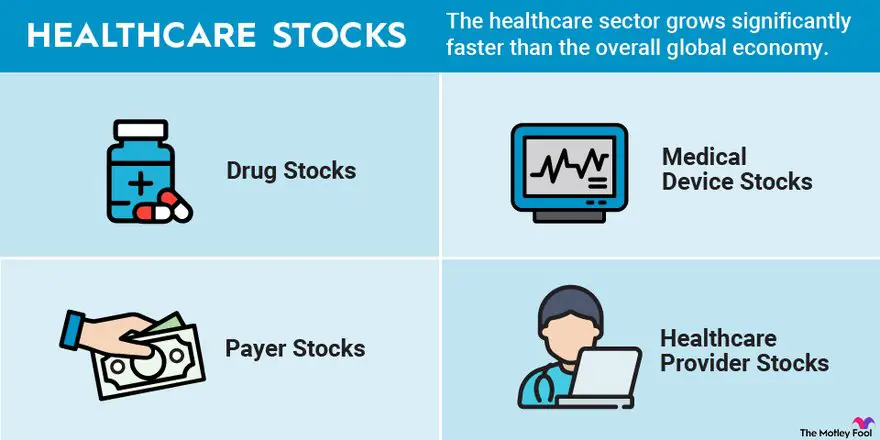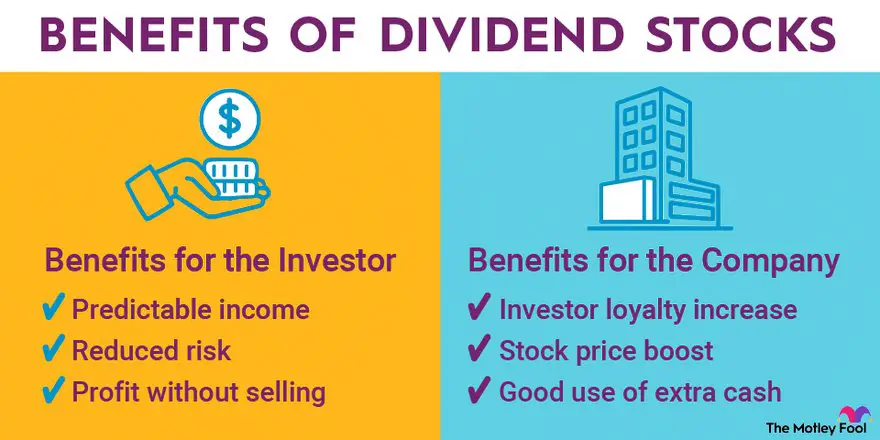Looking to invest in healthcare stocks but not sure where to start? Well, you’ve come to the right place! In this article, we will delve into proven strategies for investing in healthcare stocks, helping you make informed decisions and maximize your returns. Whether you are a seasoned investor or just starting out, understanding the intricacies of this sector is key. So, let’s explore the world of healthcare stocks and discover the strategies that can help you succeed in this lucrative market.
Strategies for Investing in Healthcare Stocks
Investing in healthcare stocks can be a lucrative opportunity for investors looking to capitalize on the growing demand for medical advancements and healthcare services. However, navigating the complex world of healthcare investing requires careful consideration of various factors such as industry trends, company performance, and regulatory environment. In this article, we will explore effective strategies for investing in healthcare stocks, providing you with valuable insights to make informed investment decisions.
1. Understand the Healthcare Industry
Before diving into healthcare stock investments, it is crucial to develop a solid understanding of the healthcare industry as a whole. This includes familiarizing yourself with key sectors, such as pharmaceuticals, biotechnology, medical devices, and healthcare services. Take the time to research and stay updated on the latest industry trends, technological advancements, and regulatory changes. Additionally, consider the impact of factors like demographics, government policies, and global healthcare challenges on the industry’s growth trajectory.
2. Analyze Company Fundamentals
When selecting healthcare stocks for investment, it is essential to conduct thorough fundamental analysis of the companies you are considering. Here are some key factors to evaluate:
a. Financial Performance
Examine the company’s financial health by reviewing its revenue growth, profitability, and cash flow. Look for consistent revenue growth over time, which signifies a company’s ability to generate sustainable earnings. Evaluate the company’s profit margin and assess its cash flow statement to understand if it generates enough cash to support its operations and investments.
b. Pipeline and Product Portfolio
For pharmaceutical and biotech companies, the strength of their product pipeline is a significant determinant of future success. Analyze the company’s product portfolio, paying attention to the stage of development for each product. A robust pipeline with potential blockbuster drugs in various stages of development indicates growth potential.
c. Competitive Advantage
Assess the company’s competitive position within the healthcare industry. Consider factors such as intellectual property, patents, exclusive contracts, and economies of scale. A strong competitive advantage can contribute to long-term success and market dominance.
3. Evaluate Regulatory and Reimbursement Landscape
Healthcare stocks are highly influenced by regulatory and reimbursement policies. Analyze the regulatory environment to understand the impact on a company’s ability to bring products to market and secure reimbursement. Stay informed about changes in regulations, such as FDA approvals, clinical trial results, and patent expirations, as they can significantly impact stock performance.
4. Consider Demographic Trends
Demographic trends play a crucial role in healthcare investments. As the global population ages, there is an increased demand for healthcare products and services. Consider investing in healthcare companies that cater to the elderly population, such as those specializing in senior care, chronic disease management, and innovative healthcare technologies.
5. Diversify Your Portfolio
Diversification is a key principle in any investment strategy, including healthcare stocks. By spreading your investments across different healthcare sectors, such as pharmaceuticals, biotechnology, and medical devices, you can mitigate risk and capitalize on various growth opportunities. Diversifying also helps guard against any negative impact from industry-specific events, such as regulatory setbacks or patent expirations.
6. Monitor Industry News and Events
Staying informed about industry news, events, and breakthrough developments is crucial for successful healthcare investing. Regularly monitor healthcare-focused publications, earnings calls, regulatory updates, and clinical trial results. Additionally, keep an eye on conferences, trade shows, and medical journals to gain insights into emerging trends and potential investment opportunities.
7. Seek Professional Advice
Investing in healthcare stocks can be complex, especially for those without a background in the industry. Consider seeking advice from financial advisors or investment professionals specializing in healthcare. They can offer expert insights, market analysis, and help you navigate the nuances of healthcare investing.
8. Balance Long-Term and Short-Term Investments
It is important to strike a balance between long-term and short-term healthcare investments in your portfolio. Long-term investments allow you to capitalize on the industry’s growth potential, while short-term investments provide opportunities for quick gains based on news, events, and market fluctuations. By diversifying your portfolio with both long-term and short-term positions, you can benefit from the stability of established companies and the potential of emerging healthcare stocks.
9. Monitor Regulatory Risks
Healthcare stocks can be sensitive to changes in the regulatory environment. Stay aware of potential regulatory risks, such as FDA rejections, delays in product approvals, or adverse reimbursement policies. Monitoring these risks allows you to adjust your investment strategy accordingly and minimize potential losses.
Investing in healthcare stocks can be rewarding, but it requires careful consideration of various factors. By understanding the healthcare industry, analyzing company fundamentals, evaluating regulatory landscapes, and diversifying your portfolio, you can position yourself for success in this dynamic sector. Stay informed, seek professional advice when needed, and continuously monitor industry developments to make well-informed investment decisions.
Top Healthcare Stocks to Invest in for Amazing Returns
Frequently Asked Questions
Frequently Asked Questions (FAQs)
What are some key strategies for investing in healthcare stocks?
1. How can I identify potential growth opportunities in the healthcare sector?
2. What factors should I consider when evaluating healthcare companies for investment?
3. How important is thorough research and analysis before investing in healthcare stocks?
4. What are the risks associated with investing in healthcare stocks?
5. Are there specific trends or innovations in the healthcare industry that I should be aware of?
6. Can diversification play a role in a successful healthcare stock investment strategy?
7. How can I stay updated on the latest news and developments in the healthcare sector?
8. What are some common mistakes to avoid when investing in healthcare stocks?
Final Thoughts
In conclusion, implementing effective strategies for investing in healthcare stocks is crucial for maximizing returns in this sector. Firstly, conducting thorough research on the target company’s financials, pipeline of products, and competitive advantages can provide valuable insights. Secondly, staying updated on the latest developments in the healthcare industry, such as advancements in technology and regulatory changes, can help identify growth opportunities. Thirdly, diversification within the healthcare sector can mitigate risks by investing in a range of companies across different subsectors. By employing these strategies for investing in healthcare stocks, investors can position themselves to capitalize on the potential growth and profitability of this dynamic industry.



